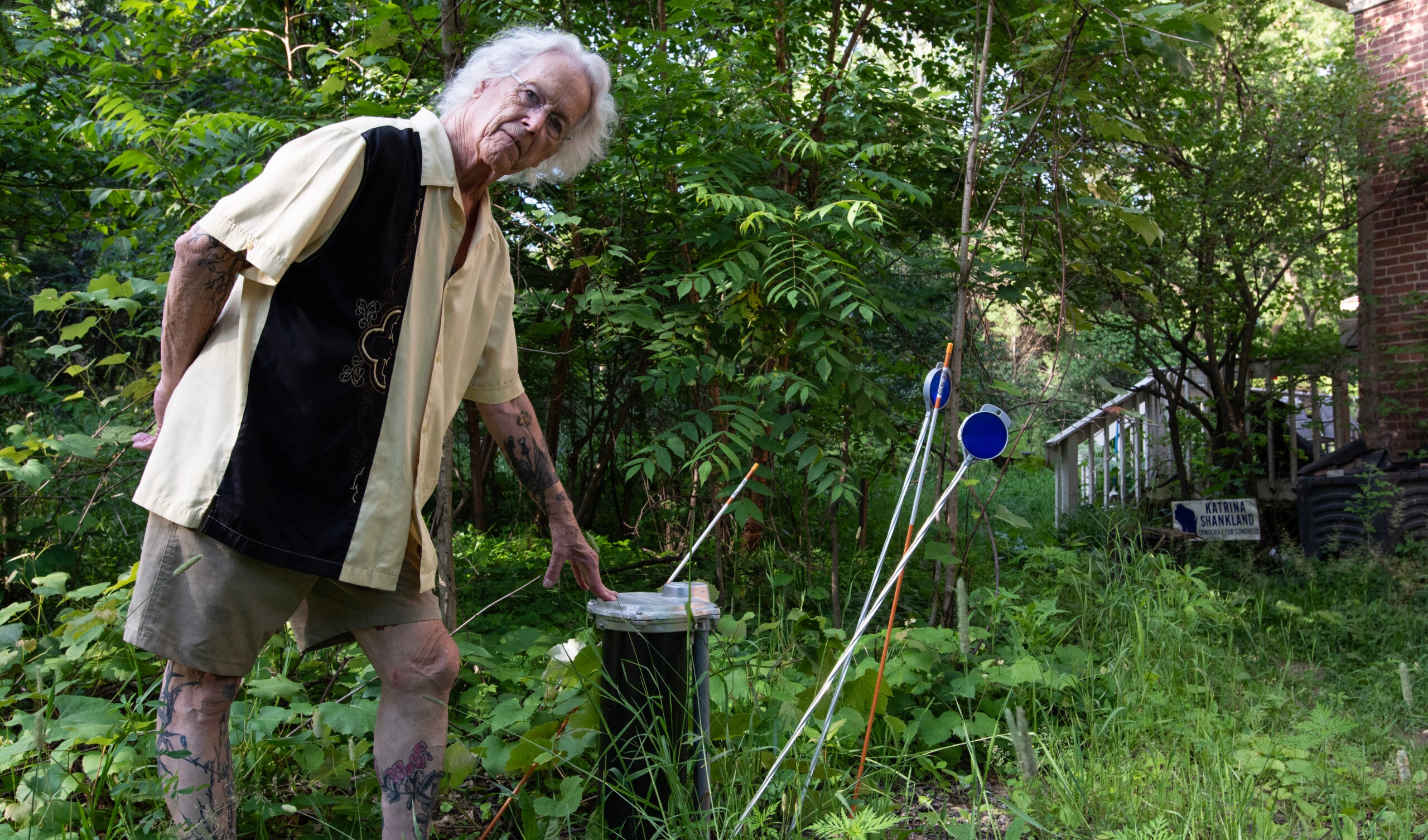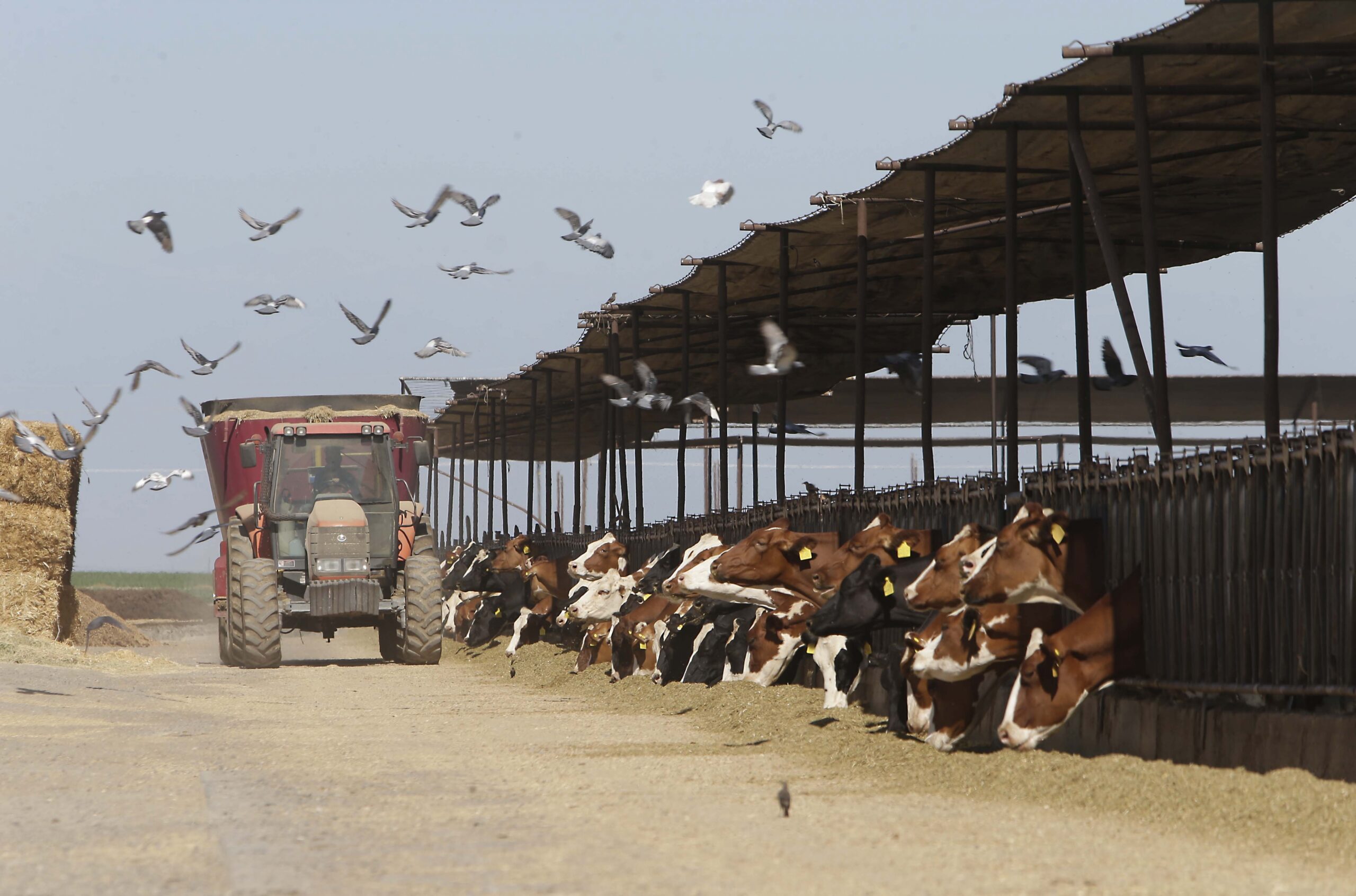La Crosse County health officials continue to find increased levels of nitrates in private wells.
Last month, the La Crosse County Health Department notified 2,000 households their private wells may be contaminated.
Since then, 451 wells have been tested for nitrates, with 29 percent showing nitrate levels over the allowable 10 parts per million.
News with a little more humanity
WPR’s “Wisconsin Today” newsletter keeps you connected to the state you love without feeling overwhelmed. No paywall. No agenda. No corporate filter.
Carol Drury, environmental health and lab manager at the county health department, said most of the 130 that tested positive were between 10 and 14 ppm.
“We actually have seen some in the higher ranges, getting up where they’re over 20 parts per million, which can be an issue,” Drury said.
Drury said 448 were also tested for bacteria, and 7 percent came back positive for coliform bacteria.
“When you think one out of three people have dangerously high levels of nitrates in their drinking water, that is of great concern,” said county board member Monica Kruse.
Kruse said the county started worrying about possible contamination after last year’s Legislative Audit Bureau report on the Wisconsin Department of Natural Resources revealed issues with the DNR’s regulation of a concentrated animal feeding operation, or CAFO, in La Crosse County.
“We didn’t realize that that was going on and that La Crosse County was affected,” said Kruse.
But determining the direct cause of the contamination is not that simple.
“It’s hard to really pin all the blame on some of the more obvious entities that could be causing some of this pollution,” Kruse said. “Farmers are dumping raw manure on their fields in that area. There are a lot of residential areas that are probably fertilizing their lawns, putting product on their lawns that are leeching into the groundwater.”
And finding the cause of the pollution could determine who is responsible for addressing it.
Sarah Geers, staff attorney for Midwest Environmental Advocates, said the DNR is charged with regulating CAFOs in the state.
“But beyond that, neither the state nor federal agency really has direct responsibility over making sure people have a clean drinking water supply if they get it from private wells,” Geers said.
Contaminated wells have been identified in the Town of Onalaska, the Town of Holland and the Village of Holmen. Kruse said the situation is alarming, but not unique to La Crosse County.
“There’s lots of counties across Wisconsin that have those same kinds of issues, and I think in large part it’s a failing on the part of the DNR, a failing on the part of even elected officials in the state of Wisconsin to be serious about environmental protections,” Kruse said.
A representative from the DNR declined a request for comment, but said the department is working with the La Crosse County Health Department on the issue.
Wisconsin Public Radio, © Copyright 2025, Board of Regents of the University of Wisconsin System and Wisconsin Educational Communications Board.





